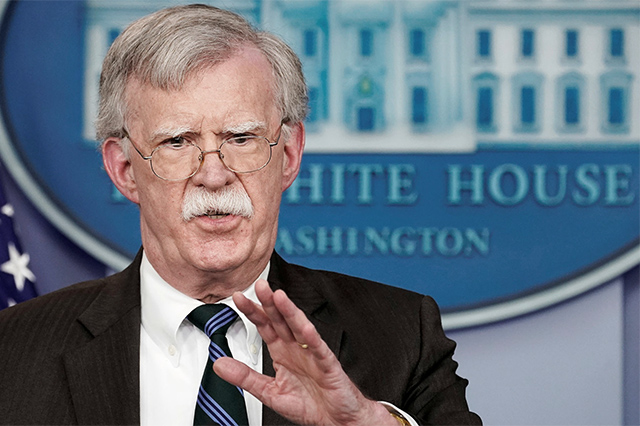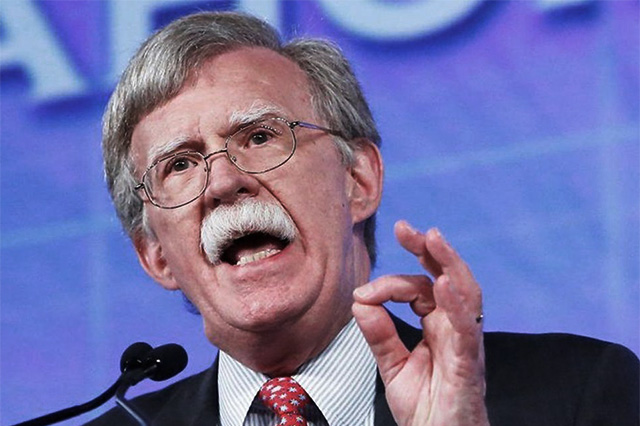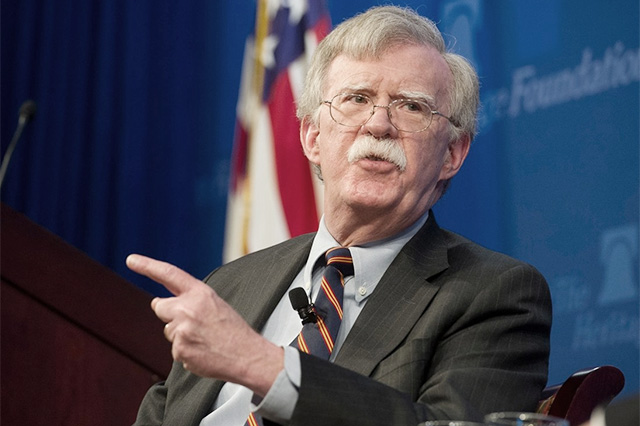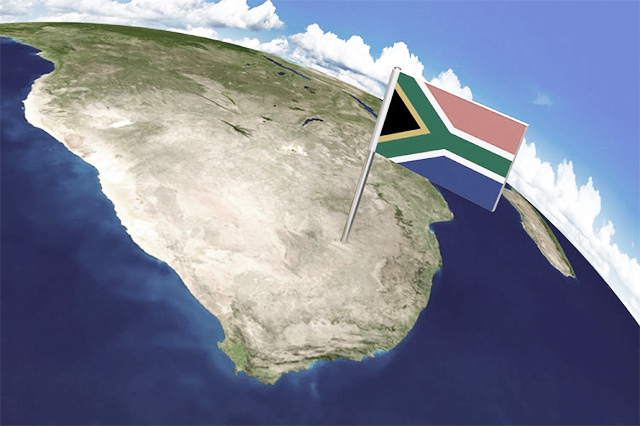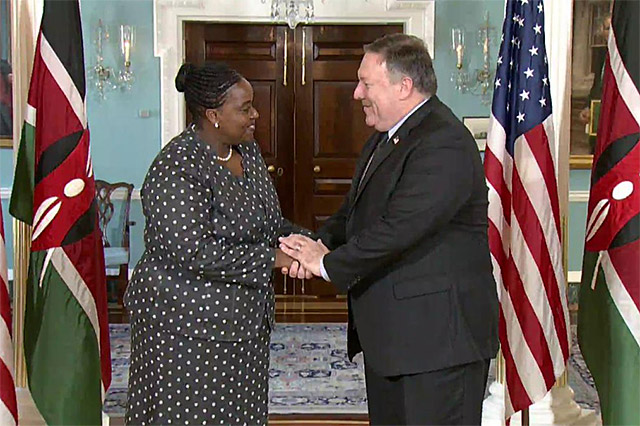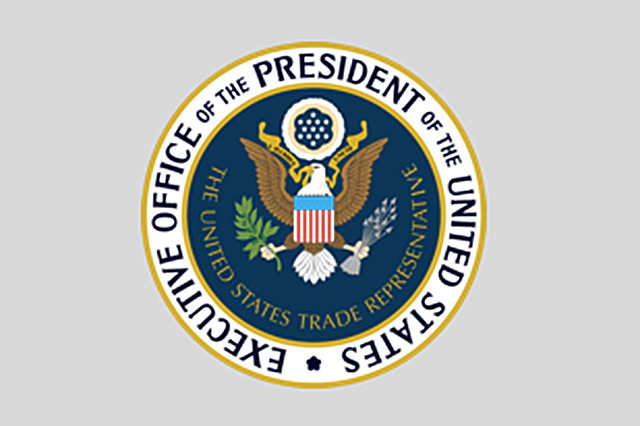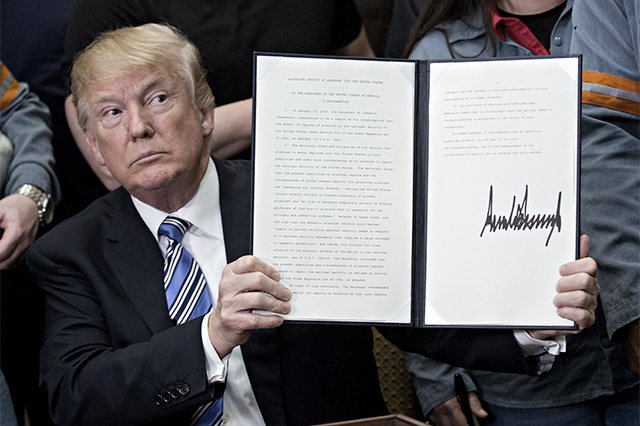'For African countries, innovation must trump our focus on trade'
Africa is overwhelmingly the poorest region in the world. In 2015, after more than a decade of the “Africa Rising” narrative, the region’s GDP was around $1.6 trillion, barely 2% of global GDP. The same year, Africa (including North Africa) attracted $38 billion in Foreign Direct Investment (FDI), again just over 2%of global FDI, which was $1.7 trillion. On the issue of trade, Africa did not fair much better; the continent is responsible for just 3% of the $18 trillion worth of global trade.
Considering Africa’s lackluster performance, it is no coincidence that many African countries and global development institutions are now prioritizing a strategy of trade over aid. But what if focusing on trade—such as partnerships with Chinese and American governments and companies—is the wrong way to look at the problem? What if instead, African countries focused on innovation? The opportunities for growth and prosperity would be much brighter.
The Problem With Trade
Consider how Africa has fared over the past 15 years from the Africa Growth and Opportunity Act (AGOA). A non-reciprocal trade deal signed into law by president Bush in 2000 and further extended by president Obama in 2015, AGOA provides duty-free and quota-free treatment to about 7,000 products exported from eligible African countries to the US.
Products range from livestock, seafood, and precious metals to projectors, printed circuit boards, and high-voltage fuses. AGOA was designed to incentivize economic diversification and to improve the robustness of African economies.
How is it possible that exports not under AGOA were triple the non-resourced AGOA exports? One word: innovation.
And while trade between participating African countries and the US has increased more than 500% to about $27 billion in 2013, more than 80% of the trade was in the resource extraction and raw materials sector. Ordinarily, this would be a great accomplishment if African governments were able to diversify their economies during this period of an unprecedented commodity boom. That’s unfortunately not the case.
More than 89% of the $467 billion trade between Africa and the U.S. from 2001 to 2014 was natural resource related. Of the remaining, the non-AGOA and non-resource based exports from Africa to the U.S. (essentially the regular trade without concessions between the two regions) tripled the AGOA non-resource based exports. In other words, those exporting goods not on the AGOA list and without the AGOA concessions actually fared better than those exporting goods on the AGOA list.
So how is it possible that exports not under AGOA tripled non-resource AGOA exports? One word: innovation.
The innovation opportunity
Innovation is the causal mechanism for creating prosperity. Without it, economies simply cannot prosper. Consider America’s southern neighbor, Mexico. Even with more than 13 free-trade agreements, one of which is with the country with the largest market in the world, where it ships more than 80% of its exports, Mexico is still struggling to achieve prosperity for its millions of citizens. It is because policy makers in Mexico, much like those who designed AGOA, have focused primarily on trade and not innovation.
Simply put, innovation is the ability to create solutions to the problems that arise in society. African countries would do well to focus more of their efforts specifically on fostering market-creating innovations, or innovation that targets the general populace, typically non-consumers of existing market solutions due to cost or time and expertise required to use the product. This strategy is how many of today’s rich countries have risen from poverty to prosperity, including Japan.
After World War II, Japan’s economy was decimated and the country was occupied by Allied Forces. Most of the country’s industry was destroyed during the war and it experienced a severe food shortage that lasted a few years following. At $1,346 in 1990 dollars, its GDP per capita in 1945 was less than half of what it was before the war and barely 11% of America’s GDP. But 50 years later, Japan’s GDP per capita of $42,500 was 147% that of the America’s GDP per capita at $28,800.
Surely, Japanese government reforms, its Ministry of Trade and Investment (MITI), and its commitment to education and technology played a role in the postwar reconstruction and development of Japan. But it was Japanese companies’ decisions to invest in market-creating innovations – in steel, automobiles, motorcycles, consumer electronics, office equipment, and other industries – that propelled it to the economic powerhouse we now know it as.
Companies such as Sony, Honda, and Canon served as engines of growth and prosperity in Japan. The innovations these companies developed were so affordable that millions of non-consumers were compelled to pull them into their lives.
So, instead of focusing on trade, which happens as a of innovation, policy makers in African countries and those concerned with Africa’s development should focus their efforts on fostering a culture of innovation. Once innovation is at the core of development, trade will happen and prosperity will emerge as a result. However, a focus on trade, as we have seen with AGOA, will only give the semblance of progress without lasting development.




